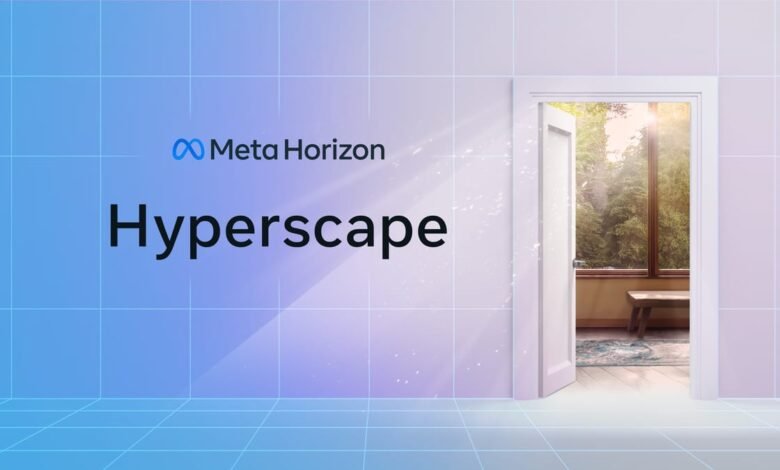Meta Horizon Hyperscape Delivers Photorealistic VR on Quest 3

▼ Summary
– Meta Horizon Hyperscape is now available in the US, allowing users to capture real-world scenes with Quest 3 or 3S and view them in VR with photorealistic graphics.
– The capture process involves three steps: creating a 3D mesh by panning the headset, manually clearing the mesh by walking around, and uploading data to Meta’s servers for processing.
– Hyperscape leverages Gaussian splatting and cloud streaming from Meta’s servers, with no heavy computational work done on the device itself.
– The technology produces highly realistic automatic scene captures, though minor imperfections like blur on fine details and distortion in unseen areas may occur.
– Meta plans to add multiplayer functionality in a future update, enabling users to invite friends to visit scanned environments.
Meta Horizon Hyperscape is now available in the United States, offering users the ability to transform real-world environments into photorealistic virtual reality experiences using the Quest 3 and Quest 3S headsets. This groundbreaking feature allows you to scan a physical space and revisit it in VR with stunning visual fidelity, bringing a new dimension to personal and shared digital interaction.
The process of creating a Hyperscape involves three distinct steps, with the first two performed directly in the headset and the final stage handled by Meta’s remote servers. To begin, users simply pan their head around the room to generate a fresh 3D mesh, similar to the initial setup for mixed reality applications. This initial scan typically takes about thirty seconds, though timing may vary based on room size and complexity.
Next comes the more involved part: manually clearing the generated mesh by moving close to every surface throughout the space. This step requires roughly five minutes of careful movement to ensure all areas are properly registered. Once completed, the scanned data uploads to Meta’s cloud infrastructure for processing. Users receive a notification within two to four hours indicating their personalized Hyperscape is ready for exploration.
Under the hood, Horizon Hyperscape relies on Gaussian splatting technology, a method also seen in other volumetric capture systems like Varjo Teleport and Niantic’s Scaniverse. Rendered environments are streamed from the cloud using Meta’s internal Project Avalanche framework, meaning the most demanding computational tasks occur off-device, preserving headset performance and battery life.
During a hands-on demonstration, the visual quality proved exceptionally realistic, even if not quite as razor-sharp as some high-end prototypes. Minor blur appeared on fine details like small text, and certain unseen areas beneath furniture showed slight distortion when viewed from extreme angles. Still, the overall effect was deeply impressive, among the most authentic automated scene captures available today.
What truly sets Hyperscape apart is its remarkable handling of background elements and depth. Looking through a window in Gordon Ramsay’s kitchen, for example, revealed his garden in perfect perspective, complete with convincing detail despite the distance from the primary scan location. No other consumer-oriented scanning technology currently achieves this level of environmental coherence.
Compared to last year’s demo, the finished product shows clear refinements in realism and stability, underscoring how rapidly AI and reconstruction techniques are evolving. Looking ahead, Meta plans to introduce multiplayer functionality through the Horizon Engine, allowing users to invite friends into their custom-scanned environments. While no specific release date has been announced, the company confirms this social feature is in active development.
Meta Horizon Hyperscape Capture (Beta) is currently rolling out to U.S. users via the Horizon Store, with support limited to Quest 3 and Quest 3S devices. Expansion to additional countries is expected in the near future.
(Source: Upload VR)
